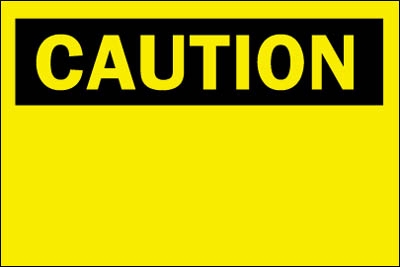 Self-Test for Prayer Abuse: How many of these apply to you?
Self-Test for Prayer Abuse: How many of these apply to you?
I probably pray more than I am willing to admit.
I have prayed when I was depressed or to cheer myself up.
I have gone on praying binges of an entire day.
I sometimes pray early in the morning or before work.
I often get up in the middle of the night and sneak into the basement to pray.
I have hidden prayer lists in different places to sneak a prayer without being seen.
Sometimes I avoid friends or family obligations in order to pray.
At times, I pray rapidly to get it all in before others notice I am missing.
Sometimes I re-write prayers when I hear others pray.
I often pray alone.
I have pretended to do something else while secretly praying.
I keep prayer books in the bathroom for a “quick charge.”
I have denied or “laughed off” criticism of my praying habit.
Heavy praying has caused conflicts with my family or spouse.
I am unable to enjoy myself with others unless I have a chance to pray.
I seldom leave my house without thinking of praying.
I find myself needing a quick prayer before dealing with a challenge at work.
When traveling, I have sometimes stopped at a rest area to pray.
I have veered across the center line on the road when praying.
I have received at least two warnings from state troopers about praying while driving.
Strangers in waiting rooms have asked me if I was alright when I have inadvertently moaned in prayer.
At a party, I will often slip off unnoticed to pray.
Praying has made me seek places and companions which otherwise I have little in common.
I have neglected personal hygiene or household chores until I finished praying.
I become nervous, disoriented, or fearful when I go more than half a day without praying.
I have spent money meant for necessities on books about prayer.
I have sacrificed precious time and money to support my prayer “habit.”
I have daydreamed about becoming a great prayer warrior.
I have attempted to pray beyond my allotted time.
Most of my friends are prayer abusers like me.
I have sometimes passed out or woken groggy or “hung-over” after a night of heavy praying.
My elbows and knees sometimes hurt from excessive praying.
I have suffered ‘blackouts’ or memory loss from a bout of praying.
I have wept, become angry or irrational because of something I pray about.
I have sometimes wished I did not pray so much.
Sometimes I think my praying is out of control.
I habitually think of prayer as the only answer to the problems in my life.
If you answered ‘yes’ to five or more of these questions, you may be a prayer abuser. Affirmative responses to ten or more indicate a serious praying problem —seek help now! Fifteen or more “yes” responses indicate a severe or chronic “prayaholic” personality. Intervention is seldom effective at this stage. (Adapted from American Literature Abuse Society)
The “prayer abuse” syndrome is not a wide-spread problem at this time, but experts tell us that a sudden and severe change in global conditions may trigger a sharp rise in its occurrence. Financial collapse, family and marital life disruptions and decline in health may also lead to prayer-abuse. The Surgeon-General has not yet addressed the problem. Strong, inordinate faith in God seems to be the main predisposition to the condition in victims’ minds.